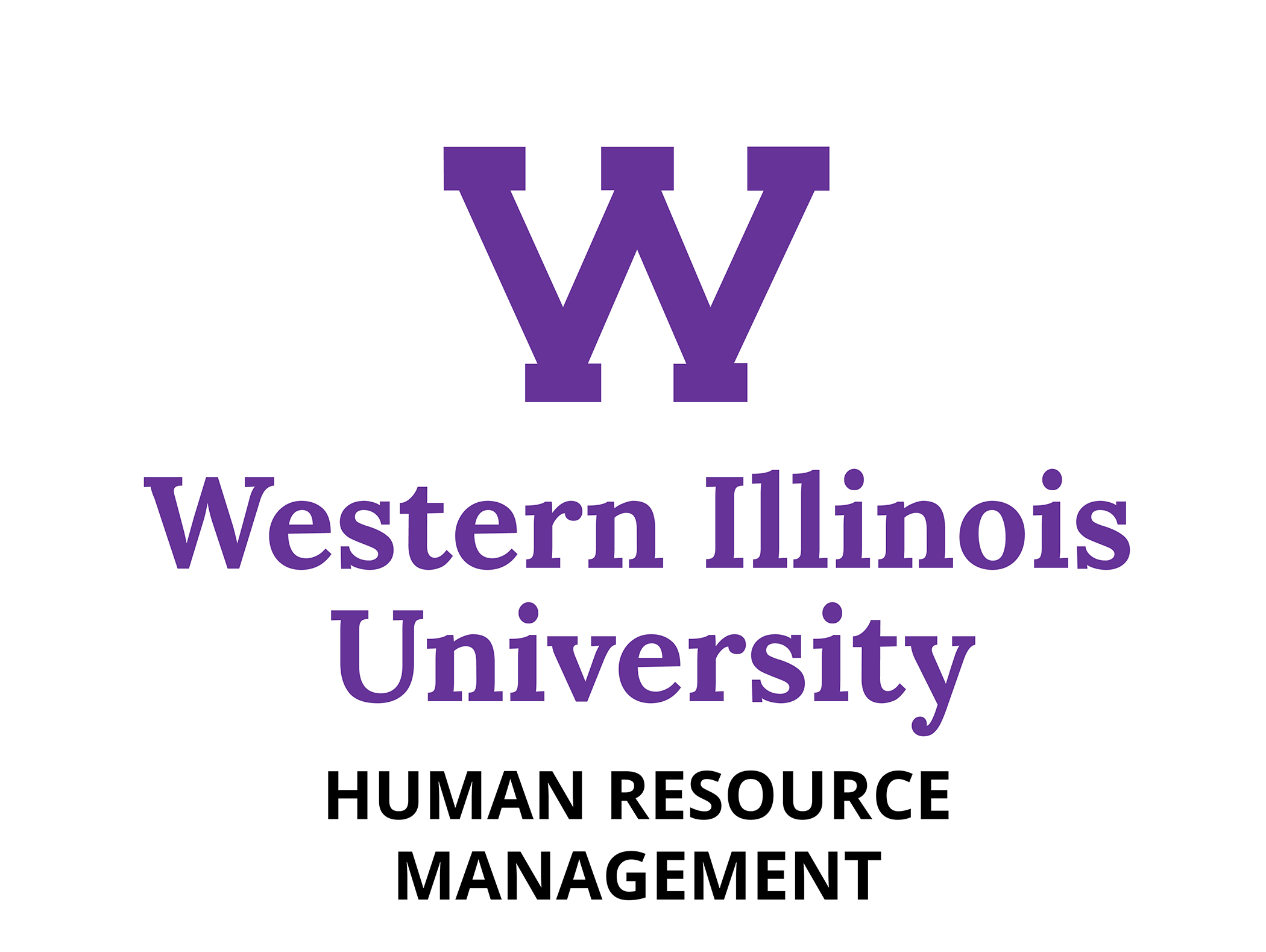
Child development is a good choice if you're looking for a career as an educator. This field of study integrates several disciplines from psychology to education. Courses focus on child development, learning theories, and how to design learning opportunities for children. They also cover topics such as family management and social and emotional relationships.
Concentrations
Master's in child development degrees allow students to focus in different areas. They can choose from concentrations in clinical-developmental health, psychology, and 21st-century literacy. Students may also opt to pursue a thesis depending upon the area they are interested in. These programs will provide a strong foundation in theory, research, and practice.
These programs will equip students with the skills necessary to become a child development specialist. Other than becoming a child-development professional, there are other options for you. You could become a school and career counselor or instructional coordinator, as well as a social worker. These roles are highly in demand but you can develop your skills at any pace and from anywhere.

Prices
Online master's in child development programs offer convenience for busy professionals. They follow the same curriculum as brick and mortar programs, and offer similar career advancement opportunities. Online learning is attractive for students who have extra responsibilities or don't wish to enroll in a full time program. The majority of online programs last for at least two years. There are however, accelerated options.
A master's degree is required to be able to work with children effectively. The degree program is designed to teach you theory as well as practice. This program is suitable for community workers, early childhood educators, as well as those who intend to pursue doctoral study.
Requirements
A master's degree is required to be able to work with children in various settings. The courses you will take will be focused on child development in a variety of settings, including families, schools, and communities. Additionally, you will learn the skills necessary to put the latest findings into practice in your chosen field.
You will need to do a research project in order to obtain a masters degree. After approval by a committee from child development faculty, you can start these projects. Once your project is approved by a committee of child development faculty, you will need continue enrollment in the thesis/project work course until completion.

Careers
A master's level in child development can lead to employment in a number of areas, including education and healthcare. This degree can also open doors to business employment. Concordia University St. Paul, Minnesota offers a degree for child development.
Many child developmental graduates find work in the public and private sectors. Others might be preschool teachers or childcare center directors. Others may work for state or local government agencies to coordinate public service delivery.
FAQ
What is eLearning?
E-learning offers an online learning platform for individuals, businesses, and institutions. It's a way to send information and instructions over electronic media such computers, mobile phones, and other technologies.
This type of learning uses technology to deliver information rather than physical materials.
E-learning does not have to be done in a traditional classroom setting. It can also be done at home, on the move, or anywhere else that has internet access.
What systems are used in e-learning?
E-learning is an online learning system where students learn from a computer screen. It allows interactive activities like discussions, quizzes, and tests.
E-learning includes also web-based programs, which give users the ability to access information online via a computer. This program is commonly called "online education".
What are some of the e-learning resources?
The most effective way to deliver learning content is by using interactive media such as video, audio, animation, etc.
These media allow learners the opportunity to interact with the content. They can also be used to increase learner engagement.
Online courses include text, graphics, sound and interactive features.
These courses might be free of charge, or they may cost a fee.
These are just a few examples of elearning tools:
-
Online courses
-
Virtual classrooms
-
Webinars
-
Podcasts
-
Video tutorials
-
Self-paced eLearning modules
-
Interactive
-
Social networking sites (SNS)
-
Blogs
-
Wikis
-
Discussion forums
-
Chat rooms
-
Email list
-
Forums
-
Quizzes
-
Polls
-
Questionnaires
Statistics
- E-learning is intended to enhance individual-level performance, and therefore intend to use of e-learning should be predicted by a learner's preference for self-enhancement (Veiga, Floyd, & Dechant, 2001). (sciencedirect.com)
- India's PC market clocks 9.2% growth to 3.4 million units in the September quarter (economictimes.indiatimes.com)
- However, e-learning courses that are engaging, well-designed, and interesting are likely to be perceived as useful by e-learners (Roca & Gagné, 2008). (sciencedirect.com)
- In the 2017 ATD research report Next-Generation E-Learning, 89% of those surveyed said that changes in e-learning require their staff to update or add new skills. (td.org)
External Links
How To
What technology should I choose?
There are several options available to you depending on what type of device your learner has.
-
Computer-based classes should be delivered via a laptop.
-
Mobile devices such smartphones and tablets can be used in eLearning.
-
It is possible to use both mobile devices and computers to deliver courses.
-
Some organizations offer eLearning courses that are available on DVD discs and can be viewed by any computer.
-
Web pages are the most popular way to present material online.
-
You can also use hybrid solutions, where one part of the course can be delivered via a website and another through a CD/DVD.
-
Lastly, some companies offer free eLearning over the telephone. These courses can be recorded and played back by the learner.